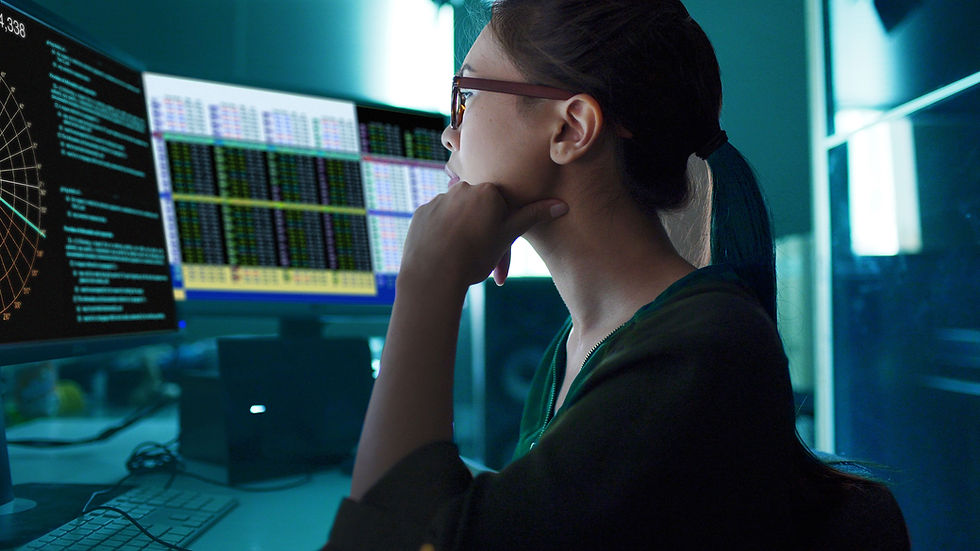Copyright reform - Situation Update
- 25 nov. 2022
- 3 min de lecture
We have all been able to follow the debates in the press and on social media, professional or otherwise, related to the reform of the copyright regime, the original project of which was to deny its application to the tech sector as well as architects.
In an earlier post of 28 October, I presented the key points of the current reform that we were aware of. Almost a month later, we have more information and a vaguely clearer vision of the situation, as a compromise was reached within Government on this complex reform.
The Finance Minister's original plan was to exclude high added-value professions that were benefiting from the current regime, but which nevertheless produced work falling under copyright protection. Professionals in the information and communication technology (ICT) field were particularly targeted.
Other major collateral victims were architects and journalists, about who one could wonder what they have done to deserve this and in what world the modern freelance journalist would be making too much.
It should be noted from the outset that the current draft still has to pass before the Council of State (i.e. Belgium’s administrative Supreme Court) and to be adopted by Parliament. The current project reform can be summarized as follows:
The new copyright regime will only apply to gross income resulting from the transfer or licensing of works referred to in Book XI, Title 5 of the Code of Economic Law, which would restrict its scope and exclude computer programs (in fact it would not, as the protection of computer programs is more subtle than that);
The proceeds of the (copyright) assignment must be actually exploited (although this concept is not clear at this stage);
Provided that the beneficiary is a certified/chartered artist or, alternatively ;
That in the context of the assignment or licensing, the copyright owner (i.e. the creator) assigns his copyrighted work or related rights to a third party for the purpose of its communication to the public, public performance or reproduction;
The rights may no longer exceed a cap of 30% of the total remuneration, including the remuneration for the services provided. However, there will be an adjustment period with a 50% cap in 2023, 40% in 2024 and 30% as of 2025;
Beginning of a coherent approach to the matter: the deductible (and artificial) 50% expenses will be halved by lowering their thresholds.
In a nutshell, the current draft is unclear, if not nebulous, and contributes to a legal and economic insecurity the targeted sectors could have done without.
Ironically, the draft reform does not exclude the sectors initially targeted, but will possibly lead to differentiated (and discriminatory) treatment within economic sectors themselves. One example is the journalist whose project has been rejected for editorial policy reasons, but which has nevertheless been acquired by his or her editors.
The same could be said for software, depending on what is actually developed.
Additionally, it should be noted that the income cap is bound to mainly harm "classical" artists, as they traditionally receive the highest percentages of royalties in proportion to their income. They will however be capped at 30% by 2026...
Unfortunately, such parameters are sufficient to jeopardize the growth of undertakers who need to make the most of their intellectual property, regardless of their field of practice.
Finally, and this is important, the new regime is expected to enter into force on 1 January 2023. However, there will also be a one-year transitional period and the old regime will continue to apply in 2023 to undertakers already receiving copyright income in 2022. The reformed flat-rate expense regime will apply as of 2023. Anyone is free to draw his or her own conclusion from this transitional period.
The relevant conclusion to be drawn from this transitional period is for anyone to grasp.
I cannot help but to end this post by pointing out the declared intention of the Finance Minister who intends, through this reform, to clarify and simplify copyright revenue taxation rules, their qualification level as well as that of deductible expenses… to end up making it needlessly complex and to corner the IT sector to ask itself whether it still has a future in this country.
A true Belgian story.




Commentaires